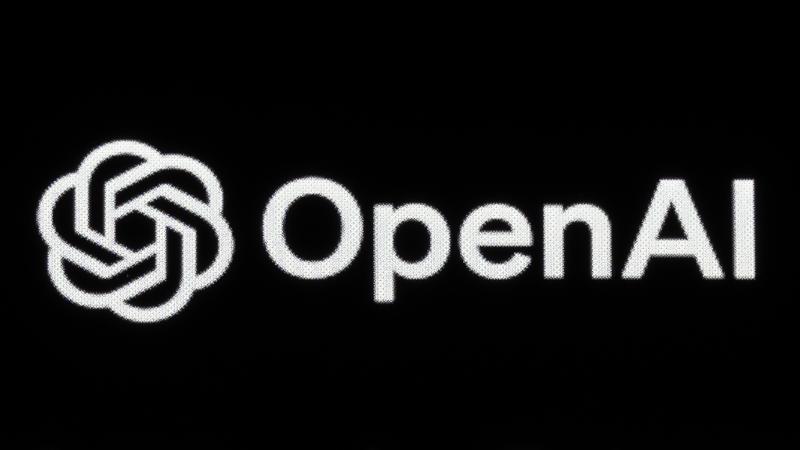Biden bends to DeSantis, sends additional monoclonal antibody treatments to Florida
Florida governor has demanded Biden administration “get out of the way” of Florida’s efforts to provide early treatment.
The Biden administration is delivering an additional 30,000 monoclonal antibody (mAbs) doses to Florida. And another 15,000 doses of Regeneron have been secured for Floridians to support new monoclonal antibody sites, Gov. Ron DeSantis announced.
DeSantis has demanded that the Biden administration “get out of the way” of Florida’s efforts to provide early treatment for the coronavirus and release more monoclonal antibody drugs to Florida.
When discussing coronavirus efforts with other governors on Monday, President Joe Biden said, "My message to the governors is simple. If you need something, say something. We're going to have your back any way we can.”
On the same day, the U.S. Department of Health and Human Services said Florida’s mAbs allocation for the week was nearly 2,000 doses less than its allocation last week, and nearly 10,000 doses less than New York’s.
Florida had requested at least 30,000 doses per week more than it had been allocated by the administration to support new mAbs sites in Duval, Collier, Miami-Dade, Broward, Palm Beach, and Seminole counties.
On Tuesday, HHS notified the state’s Department of Health that logistical preparation to send 30,000 additional doses was under way.
“After pressure from Florida, the federal government has begun planning to send 30,000 additional doses to our state, so we can stand up new sites and expand capacity at existing sites,” DeSantis said. “We expect the Biden Administration to follow through so Floridians will have access to these life-saving treatments.”
The announcements come after the governor, Florida’s Surgeon General and GOP congressional delegation called on the Biden administration to change its approach to allocating and delivering mAbs.
In late December, Florida Surgeon General Joseph Ladapo accused the administration of “actively preventing the effective distribution of monoclonal antibody treatments in the U.S.” after the HHS and the FDA announced Regeneron and Eli Lilly mAbs wouldn’t be available to states beginning Jan. 3, 2022.
“The sudden suspension of multiple monoclonal antibody therapy treatments from distribution to Florida removes a health care provider’s ability to decide the best treatment options for their patients in this state,” Ladapo wrote in a letter to HHS Secretary Xavier Becerra Dec. 28. “This shortsightedness is especially evident given that the federal government effectively prohibited states from purchasing these monoclonal antibodies and serving their populations directly.”
Florida’s GOP congressional delegation argued the “administration’s mAbs distribution policy continues to be shortsighted and burdensome on states and healthcare providers.”
On Dec. 31, HHS announced it was withholding mAbs by controlling their allocation and the amount a state or healthcare provider could receive, as well as prohibiting states from ordering them directly from drug manufacturers, a move criticized by DeSantis, Ladapo and others.
Because the Biden administration “decided to take full control of the supply of monoclonals, then dramatically cut Florida’s supply,” Florida began purchasing mAbs directly from the pharmaceutical company GlaxoSmithKline, the governor’s office said, “but the Biden Administration took control of this treatment as well.”
In response to his letter, Ladapo says the administration reversed its decision and is allowing states to continue to order mAbs through the allocation system.
“However, Florida needs at least 30,000 more doses per week than it is receiving through the allocation system to expand capacity at existing monoclonal antibody treatment sites and open new sites to treat 250-300 patients per day at each site,” he said.
“Prior to the federal government takeover of the monoclonal market, Florida successfully distributed approximately 30,000 doses per week when we managed our own supply,” DeSantis said. “After failing to ‘shut down the virus,’ the Biden Administration has come to the realization that there is not a federal solution to COVID-19, and releasing the federal stranglehold on these effective treatments is a good first step.”
















